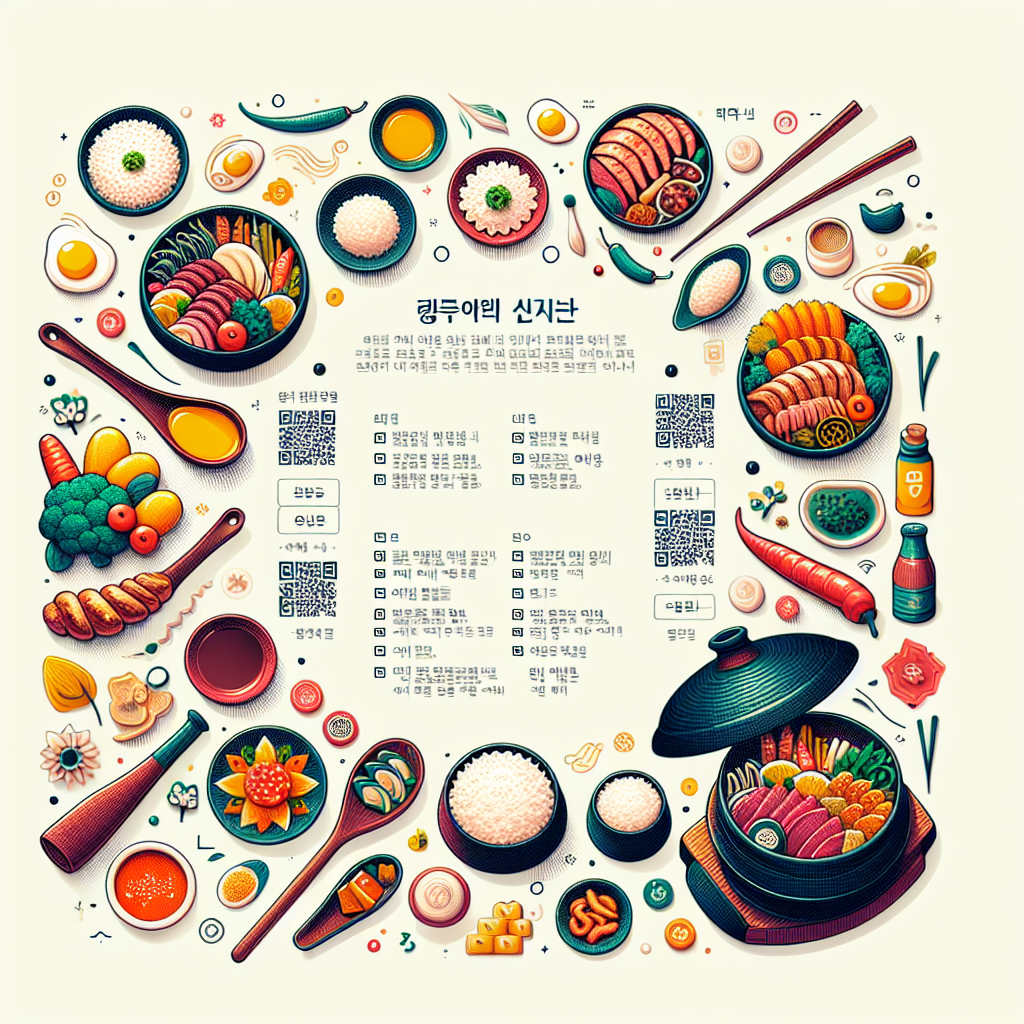South Korea, often recognized for its electronic products, K-pop, and vibrant culture, also boasts a rich tapestry of literary traditions and stories. Korean literature has a deep history that dates back thousands of years and continues to play an influential role in the global literary scene. From ancient myths to contemporary works, Korean literature offers a window into the soul of the nation, reflecting its complex history, social issues, and the evolution of its people.
The Historical Roots of Korean Literature
The journey of Korean literature begins with the oral traditions of the Three Kingdoms period (57 BC – 668 AD). During this time, myths and legends were passed down through generations, often orally, and were key in shaping the early cultural narratives of Korea. These stories helped to instill values, educate, and entertain the people of the time.
Written literature began with the adoption of Chinese characters during the medieval period. The creation of the Korean script, Hangul, in the 15th century by King Sejong and the scholars of the Joseon Dynasty, marked a significant development. Hangul facilitated greater literacy and allowed for the proliferation of Korean prose and poetry, making literature accessible to the common people.
Influential Genres in Korean Literature
Korean literature encompasses a variety of genres, each reflecting different aspects of society and human experience. The fiction genre, encompassing novels and short stories, poignantly depicts the lives of ordinary people and societal changes. Meanwhile, Korean poetry, especially forms like sijo and gasa, encapsulate philosophical reflections and imagistic descriptions often rooted in nature.
Dramatic literature also plays a crucial role, where traditional works such as pansori—a form of musical storytelling—and modern plays provide insights into human emotions and social dynamics. Every genre contributes to Korean literature’s diverse landscape, offering something unique for every reader.
Modern Korean Literature: Bridging Tradition and Contemporary Themes
In the modern era, Korean literature continues to evolve, bridging traditional themes and contemporary issues. Post-Korean War literature often highlighted the nation’s struggle with identity, political pressure, and the aftermath of conflict. Writers like Park Kyong-ni and Ko Un have contributed significantly to modern Korean fiction and poetry, exploring themes of love, despair, and rebellion.
The latest wave of Korean writers is gaining international recognition, shedding light on globalized themes such as family dynamics, feminism, and societal disparities. The translation of works by authors like Han Kang and Kim Young-ha has captured readers worldwide, highlighting Korea’s cultural uniqueness and universal human experiences.
The Impact of Korean Literature on Global Readers
Korean literature’s impact extends beyond its borders, gaining recognition and appreciation on the global stage. International literary awards and translated works have positioned Korean authors prominently within the global literary community. Through these works, global readers can explore Korea’s unique cultural contexts and the universal themes of human connection, love, and survival.
World literature courses increasingly include Korean works, illustrating its broader relevance and appeal to international readers. This global engagement with Korean literature enriches cultural understanding and fosters cross-cultural dialogues.
Understanding Korean Literary Forms: A Comparative Table
| Form | Description | Example Authors |
|---|---|---|
| Poetry (Sijo) | A traditional poetic form, often explorative in nature. | Yi Saek, Yi I |
| Novels | Extended fictional narratives reflecting societal issues. | Han Kang, Kim Young-ha |
| Dramatic Literature | Includes plays and storytelling forms like pansori. | Oh Tae-seok |
| Short Stories | Concise, impactful storytelling often focused on daily life. | Yi Mun-yol, Ha Seong-nan |
FAQ Section
Q: What is Hangul and why is it important in Korean literature?
A: Hangul is the Korean script created in the 15th century. It is important because it made reading and writing accessible to all Koreans, facilitating the development of Korean literature.
Q: Which Korean author should I start with?
A: Yi Sang and Kim Sakkat are great for exploring classical themes, while contemporary readers might enjoy works by Han Kang or Kim Young-ha.
Q: How has modern Korean literature been influenced by its history?
A: Modern Korean literature reflects the country’s tumultuous history and ongoing societal changes, with themes often revolving around identity, division, and global issues.
Summary
- ✅ Korean literature ranges from ancient oral traditions to modern novels.
- ✅ The invention of Hangul was crucial for literary development in Korea.
- ✅ Contemporary Korean literature often mirrors societal changes and global themes.
- ✅ Korean writers are gaining international recognition and influencing global readers.
#KoreanLiterature #Hangul #Sijo #KoreanPoetry #KoreanNovels #Pansori #KoreanCulture #ModernKoreanWriters #HanKang #Poetry #WorldLiterature #KoreanFiction #CulturalHeritage #JoseonDynasty #GlobalLiterature #LiteraryEvolution #TraditionalVsModern #KoreanWriters #InternationalRecognition #CulturalDialogue #AsianLiterature #HistoricalInfluence #UniversalThemes #Storytelling #CrossCulturalUnderstanding #KimYoungha #LiteraryAwards #Translation #CulturalExchange
